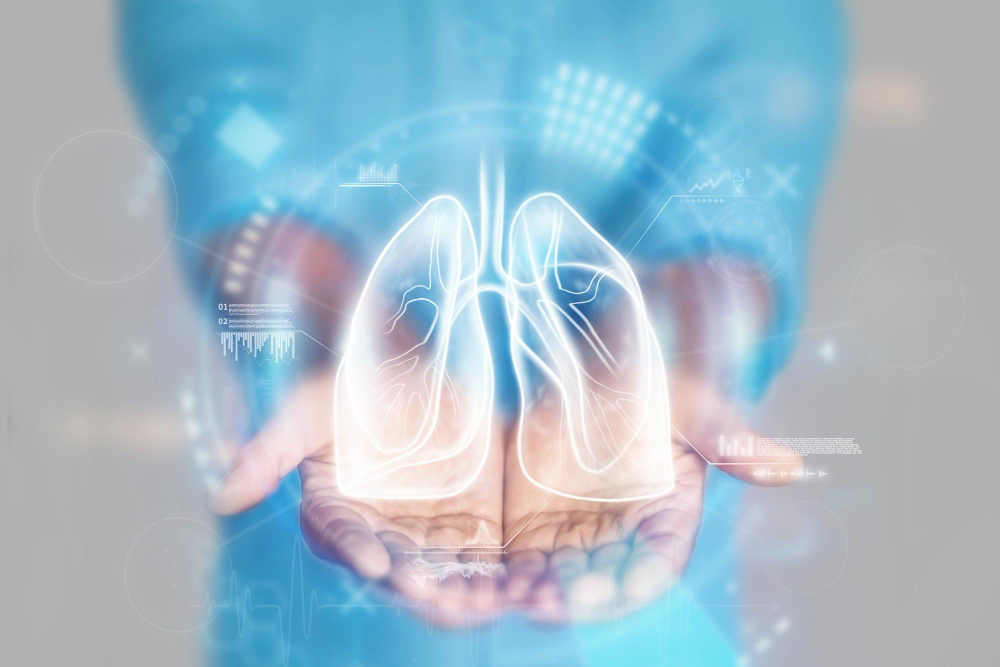
Lung health is often taken for granted until breathing becomes difficult. Whether due to a medical condition, lifestyle choices, or environmental factors, our lung capacity and performance can often be improved or restored through a range of interventions. If you're in the Philadelphia, PA area, understanding how to boost your pulmonary function can be vital for your overall well-being, and we've got the expert tips you need.
Your lung capacity is the measure of the amount of air your lungs can hold, and it's dependent on several factors, including age, sex, height, and overall health. Respiratory conditions like asthma, chronic obstructive pulmonary disease (COPD), and others can significantly reduce lung capacity and quality of life.
Improving lung capacity is synonymous with improving lung health. This can enhance both performance and endurance, whether you're an athlete aiming for peak any performance or an individual seeking to keep up with daily activities without being winded. Respiratory health is foundational to overall health.
But how exactly does one go about enhancing lung capacity? Is it possible to expand your lung volume to take in more oxygen? Here's how.
Breathing exercises are the first line of defense for restoring lung capacity. Practicing deep, diaphragmatic breathing and techniques such as "pursed lip breathing" can help strengthen the respiratory muscles and improve the efficiency of oxygen exchange in the lungs. These exercises are often a core component of pulmonary rehabilitation programs and are relatively simple to learn and perform, making them accessible to most people.
Here's a basic breathing exercise to get you started:
Repeat this for several minutes, gradually working up to longer sessions throughout the day.
Physical activity has a direct relationship with lung capacity. Regular exercise not only strengthens the muscles needed for breathing but also increases lung efficiency by improving the delivery of oxygen to the body and the removal of carbon dioxide.
Engaging in aerobic activities like walking, jogging, swimming, or cycling can help increase the depth of each breath, expand the lungs, and improve breathing capacity over time.
Adopting a comprehensive exercise program is crucial for anyone looking to enhance their lung capacity. Remember to consult with a healthcare professional before starting any new exercise routine, especially if you have a pre-existing medical condition.
Environmental factors play a significant role in lung health. Factors such as air pollution, allergens, and workplace toxins can contribute to respiratory issues and reduced lung capacity. Managing these factors is just as important as engaging in breathing exercises and physical activity.
By taking steps to enhance the quality of the air you breathe, you're giving your lungs the support they need to function optimally.
For those in the Philadelphia, PA area, seeking professional help is an important step in the quest to improve lung capacity. Urgent care facilities like Vital Urgent Care offer diagnostic services and immediate care to address respiratory concerns promptly.
At Vital Urgent Care, our team is dedicated to providing personalized, high-quality care to improve your lung health and help you breathe easier.
The food we eat plays a role in all aspects of our health, including lung health. A diet rich in antioxidants, omega-3 fatty acids, and certain vitamins and minerals can support lung function and improve capacity.
Adopting a lung-friendly diet can be an important part of your overall strategy to improve respiratory function.
Your lung capacity is a crucial factor in your overall health and quality of life. By incorporating breathing exercises, physical activity, environmental management, professional support, and a lung-healthy diet into your lifestyle, you can take significant steps to restore and enhance your lung function.
Remember, your lungs, like any other muscle, respond to training. By consistently practicing the strategies outlined above, you can effectively work toward larger lung volumes, improved oxygen uptake, and better breathing. By making these adjustments, you'll be well on your way to a healthier, and breath-freshening tomorrow.
Are you ready to take the next step to better lung health? Contact Vital Urgent Care in Philadelphia, PA, and begin your lung capacity improvement journey today. Breathe freely, live fully.